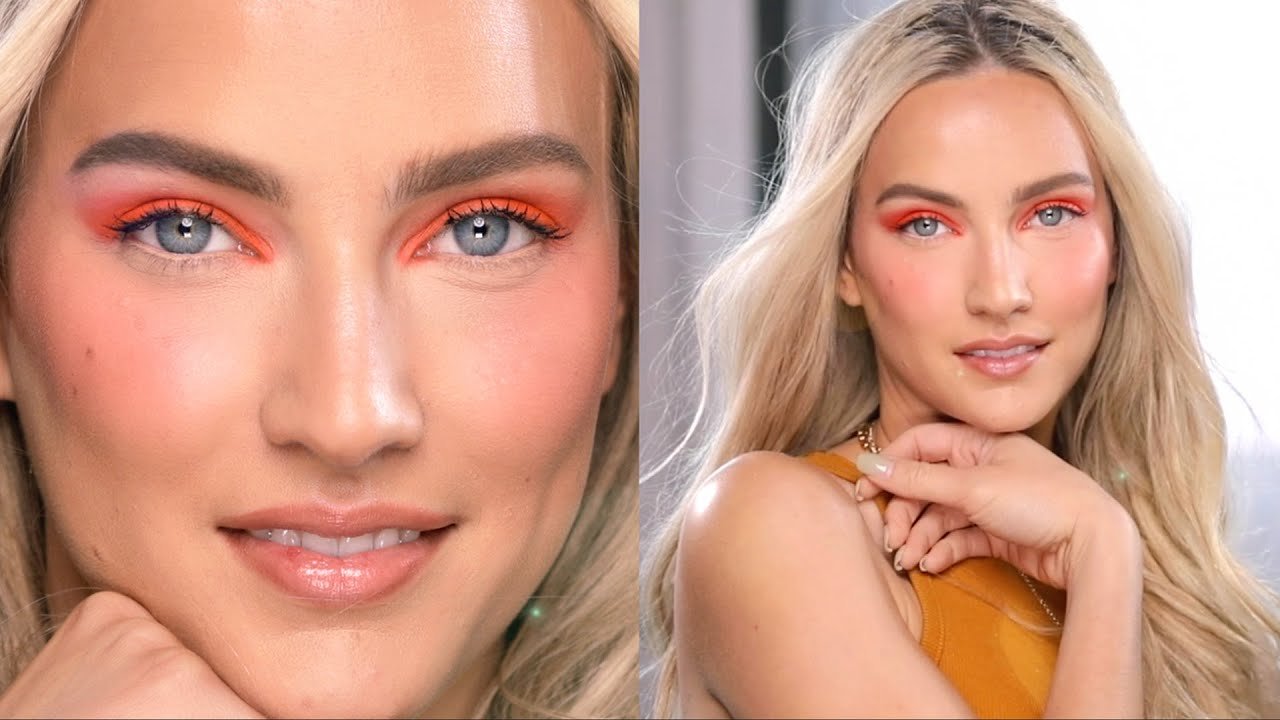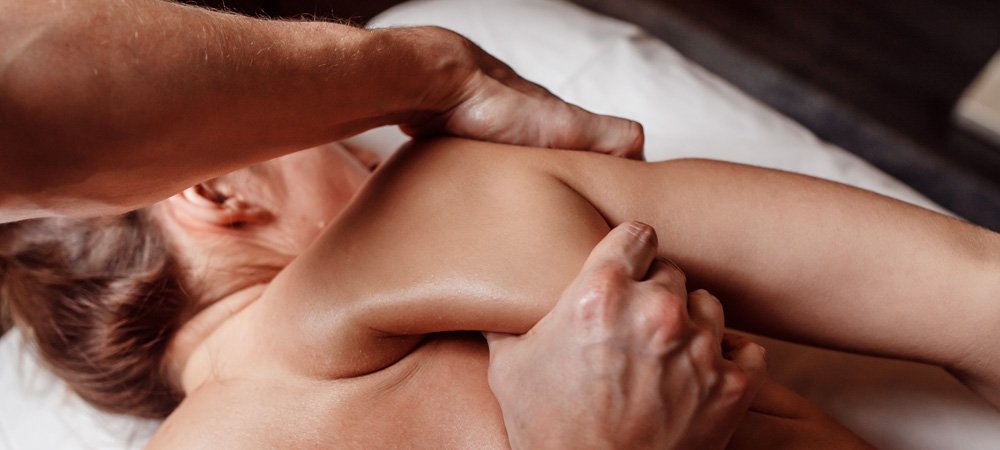Teenagers are often the most vulnerable to seasonal skin issues, especially during the colder months. The drop in temperature, low humidity, and harsh winds work together to strip the skin of its natural moisture. While winter itself plays a major role, it’s often the habits during this season that intensify skin dryness. For teens navigating through school, activities, and hormonal changes, maintaining healthy skin can be a challenge. Understanding these winter habits and correcting them with the right skincare practices is crucial. Fortunately, solutions are within reach—from adopting better daily routines to professional help like this trusted skin care service in Udaipur that caters to every skin type.
Using Hot Showers Daily
Hot showers may feel like a warm hug in chilly weather, but they’re silently stealing your skin’s moisture. Teenagers often prefer long, hot showers after a day out in the cold, especially post-sports or school events. However, hot water can damage the skin’s lipid barrier, making it less capable of holding moisture. This habit results in tightness, flaking, and increased sensitivity.
Expert Tip: Switch to lukewarm water and keep showers under 10 minutes. Use gentle, fragrance-free cleansers and moisturize right after stepping out of the shower while the skin is still damp.
Ignoring Moisturizer or Using the Wrong One
Many teens skip moisturizer thinking it’s unnecessary, especially those with acne-prone or oily skin. In winter, this becomes one of the most damaging choices. Dry air pulls moisture from your skin, making hydration essential for all skin types.
Another common mistake is using the same lightweight lotion year-round. Winter skin demands richer, more emollient creams that can provide a protective barrier against moisture loss.
What to Look For:
- Ceramides
- Hyaluronic Acid
- Glycerin
- Shea Butter
Encourage teens to choose a product that suits their skin type and age. It’s important to make skincare education a priority, especially in adolescence when habits are still forming.
Over-Exfoliating the Skin
Exfoliation helps remove dead skin cells, but too much of it can do more harm than good—especially in winter. Teens often believe that scrubbing their face daily will eliminate acne and blackheads. However, frequent exfoliation can strip away natural oils, causing inflammation and worsening dryness.
Expert Advice: Limit exfoliation to once or twice a week with mild, non-abrasive products. Avoid scrubs with large granules and opt for gentle chemical exfoliants like lactic acid or mandelic acid, which are more suited to teenage skin.
Not Using SPF in Winter
One of the most overlooked skincare steps during winter is sunscreen. Teens often associate sunscreen with summer beach trips, not realizing that UV rays are present year-round and can be just as damaging in the colder months—especially with snow reflection increasing exposure.
Neglecting SPF can lead to long-term issues like hyperpigmentation, early signs of aging, and damage to already sensitive skin.
Recommendation: Use a broad-spectrum SPF 30 or higher, even on cloudy days. Look for formulas labeled as “non-comedogenic” to avoid clogging pores.
Sleeping Without Removing Makeup
For teens experimenting with makeup, winter poses a greater threat if the skin isn’t cleansed properly before bed. Dry skin traps makeup residues, dirt, and pollution, clogging pores and leading to breakouts. Overnight, this contributes to dull, lifeless skin and a higher chance of irritation.
Encourage teens to develop a night skincare routine that includes:
- Double cleansing (oil cleanser + mild face wash)
- Alcohol-free toner
- Hydrating moisturizer
- Lip balm and under-eye cream if needed
Not Drinking Enough Water
In cold weather, the thirst response decreases, which is why teens often forget to hydrate properly. Internal hydration is just as important as topical moisturization. Dehydrated skin can look dry, feel tight, and is more susceptible to inflammation.
Hydration Tip: Aim for 6–8 glasses of water daily. Incorporate hydrating foods like oranges, cucumbers, and soups into meals. Also, using a humidifier in the bedroom can help maintain skin moisture overnight.
Relying on Generic Skincare Products
Teenagers are influenced by online trends and often pick skincare products that are popular rather than what’s effective for their skin. Using heavily fragranced creams, harsh toners, or alcohol-based cleansers only worsens the problem.
Personalized skincare advice is key, and seeking help from an experienced Udaipur Makeup Artist can be a game-changer. These professionals don’t just focus on makeup; they understand skin health, product chemistry, and seasonal concerns.
Wearing Wool and Synthetics Without Protection
Many teens wear wool scarves and sweaters directly on the skin, not realizing that these fabrics can irritate and dry out sensitive areas like the face and neck. The friction causes micro-tears in the skin’s surface, exacerbating dryness and flakiness.
Prevention Tip: Layer a soft cotton barrier under woolens and choose breathable materials. Always moisturize exposed areas before dressing to protect the skin.
Skipping Professional Skincare During Teenage Years
While most believe professional skincare is for adults, teens can greatly benefit from regular skin checkups and customized treatments. Establishing a skincare routine guided by experts sets the foundation for healthier skin in the long term.
A Bridal Makeover Studio in Udaipur like Amrit’s Makeover doesn’t only serve brides. They offer age-appropriate skincare services for teens as well, helping them fight seasonal dryness, acne, and more—with safe and dermatologically backed methods.
Final Thought
Winter doesn’t have to spell disaster for teenage skin. With just a few changes in habits and a little professional guidance, dry skin can be prevented and even reversed. The key is consistency, education, and using the right products and techniques suited to both the season and age group. Whether it’s reducing hot showers, applying the right moisturizers, or consulting local experts, small steps can make a big difference.




